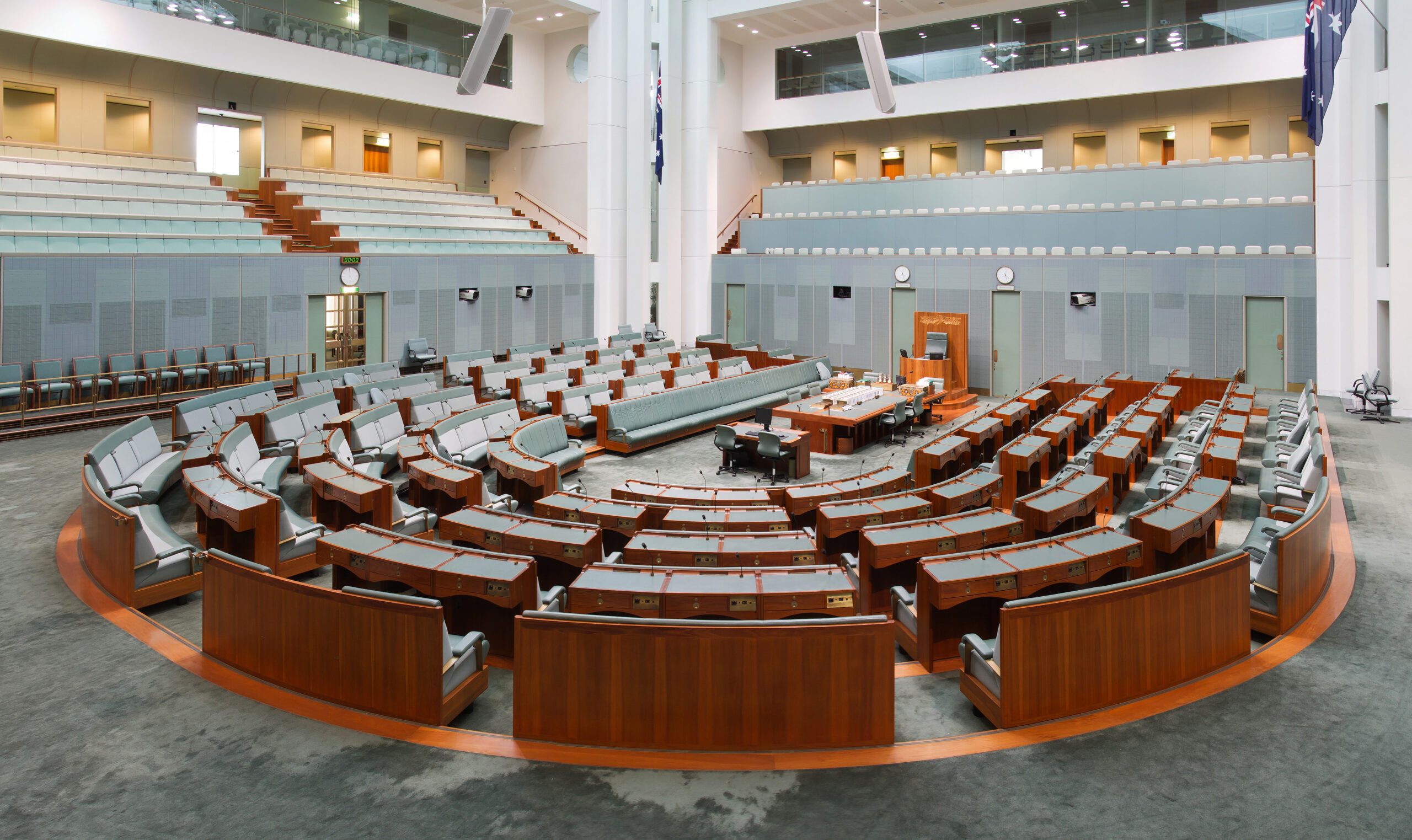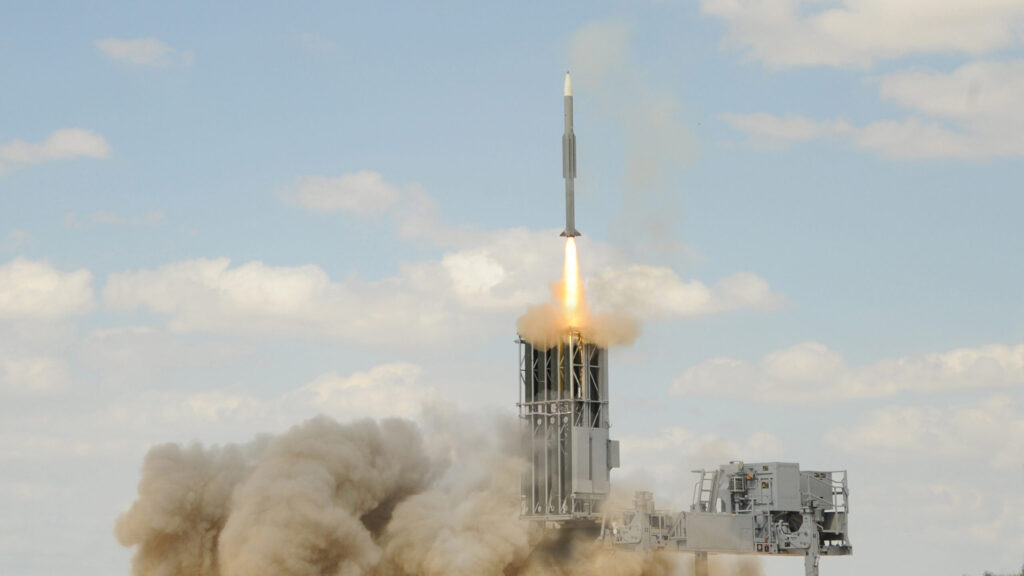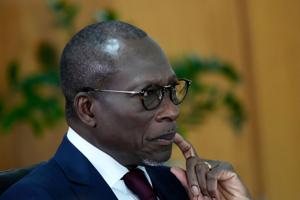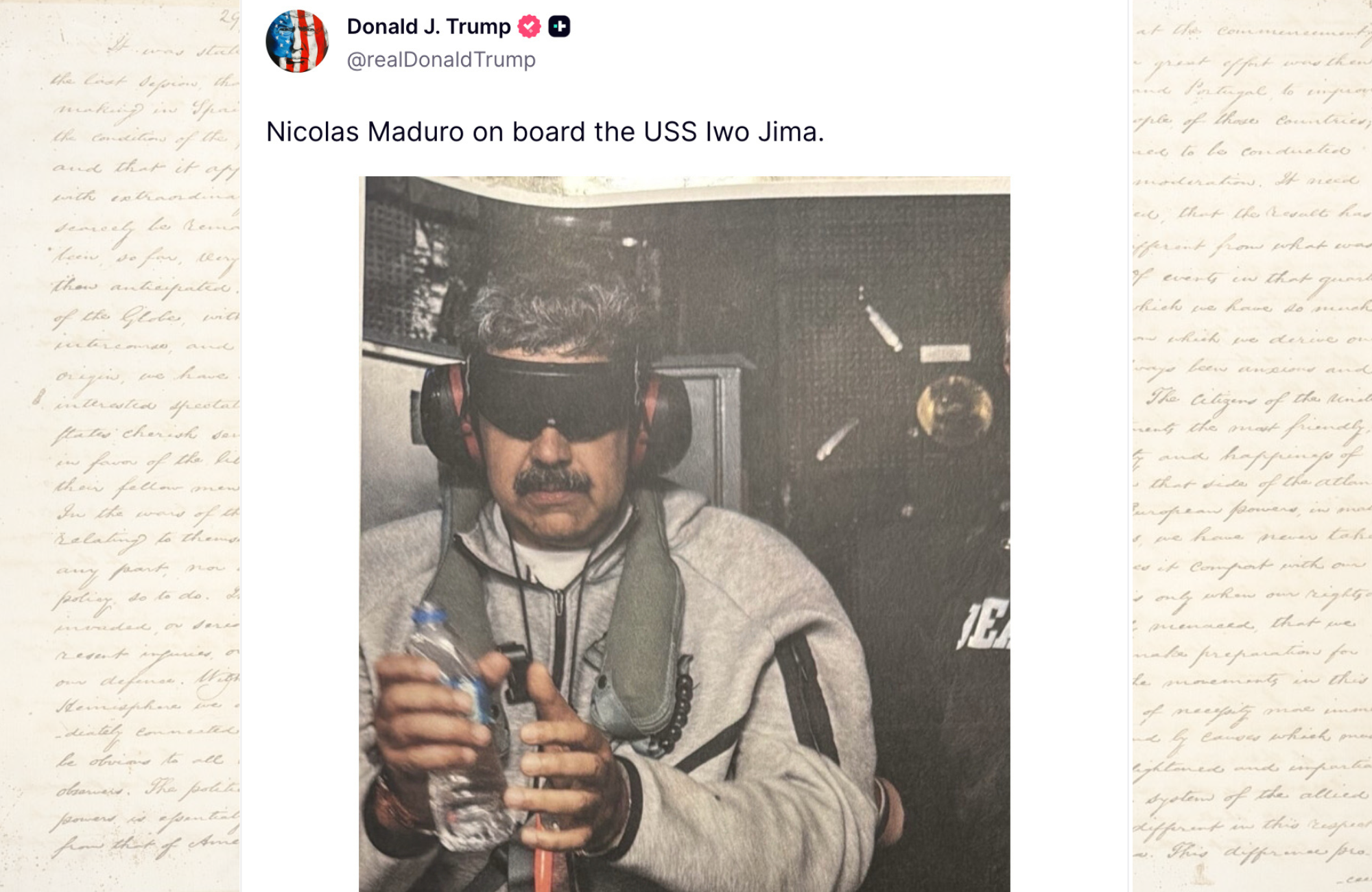The United Nations Human Rights Chief has commended Australia for its historic treaty with Indigenous Peoples, marking a significant step towards self-determination for the nation’s First Peoples. The treaty, passed by legislators in the state of Victoria, awaits final approval but aims to provide constitutional recognition for Aboriginal and Torres Strait Islander Peoples, a goal long advocated by Indigenous leaders since the 2017 Uluru Statement.
This groundbreaking agreement establishes a permanent and democratically-elected assembly known as the Gellung Warl. This assembly will include bodies dedicated to truth-telling and accountability, fulfilling a longstanding aspiration articulated in the Uluru Statement. The statement called for the creation of a Makarrata Commission, which would oversee agreements between governments and First Nations and facilitate a process of reconciliation regarding Australia’s colonial history.
Indigenous leaders have expressed hope for the future, describing the treaty as a “treaty for generations.” This initiative represents a pivotal moment in Australia’s ongoing efforts to address historical injustices faced by Aboriginal and Torres Strait Islander communities, including political exclusion, intergenerational trauma, and persistent institutional racism.
Australia has made attempts to acknowledge Indigenous Peoples in the past, notably through the 2020 Agreement aimed at addressing disparities. However, a recent referendum to strengthen the representation of Indigenous Peoples in government failed, with 60 percent of voters rejecting a proposal to recognize Indigenous Peoples in the Constitution. The proposal sought to establish a dedicated voice within Parliament, but Opposition Leader Peter Dutton stated that while Australians want to address Indigenous disadvantage, there is disagreement on whether the proposed Voice is the right solution.
Despite the treaty’s current limitations—applying only to Indigenous Peoples in Victoria—the UN Human Rights Chief highlighted the importance of this initiative. The Chief stated, “The state of Victoria is leading an initiative with the potential to be truly transformative, ensuring the First Peoples have a direct voice in advising and shaping laws, policies, and practices that affect their lives.” This aligns with Australia’s international human rights obligations and sets a precedent that could inspire further recognition of Indigenous Peoples throughout the country and beyond.
The treaty’s establishment of a framework for inclusive governance and innovative mechanisms for participation and reconciliation is viewed as a vital step towards building a society founded on mutual respect and human rights for all citizens. As discussions around Indigenous rights continue, this treaty could serve as a pivotal model for other regions grappling with similar issues.







